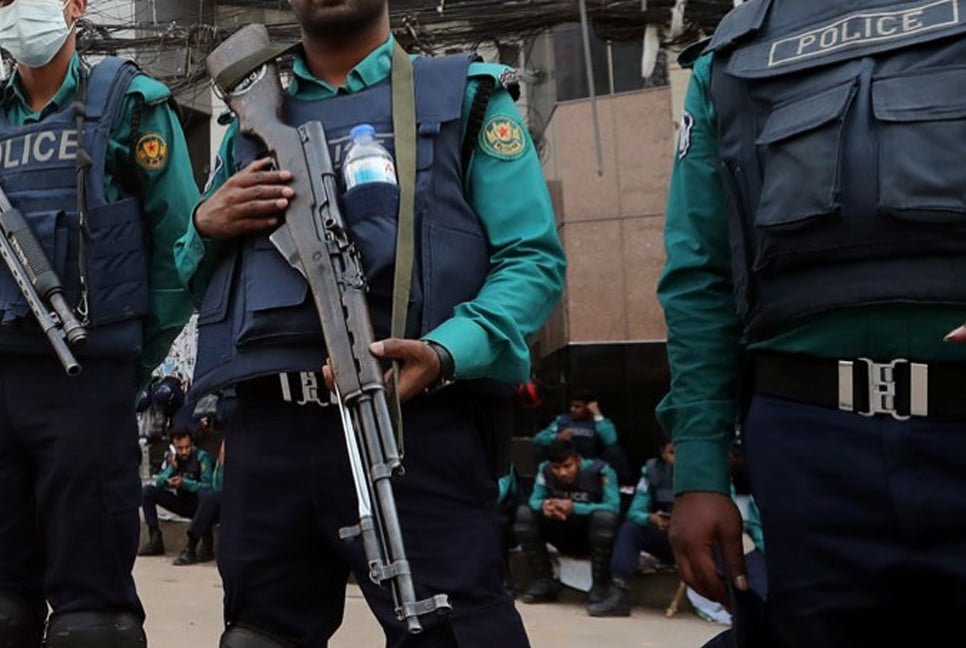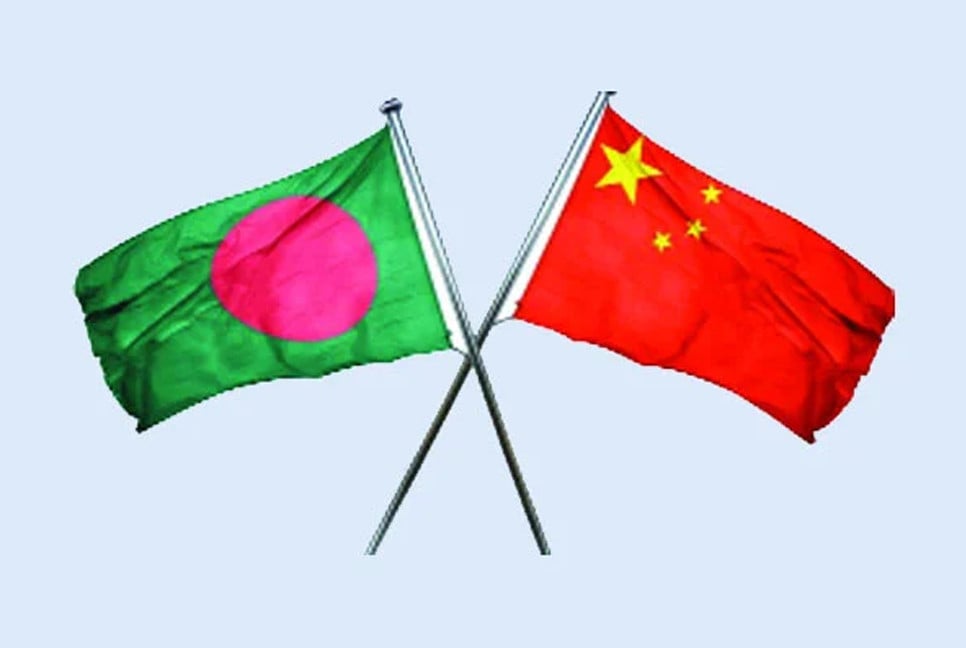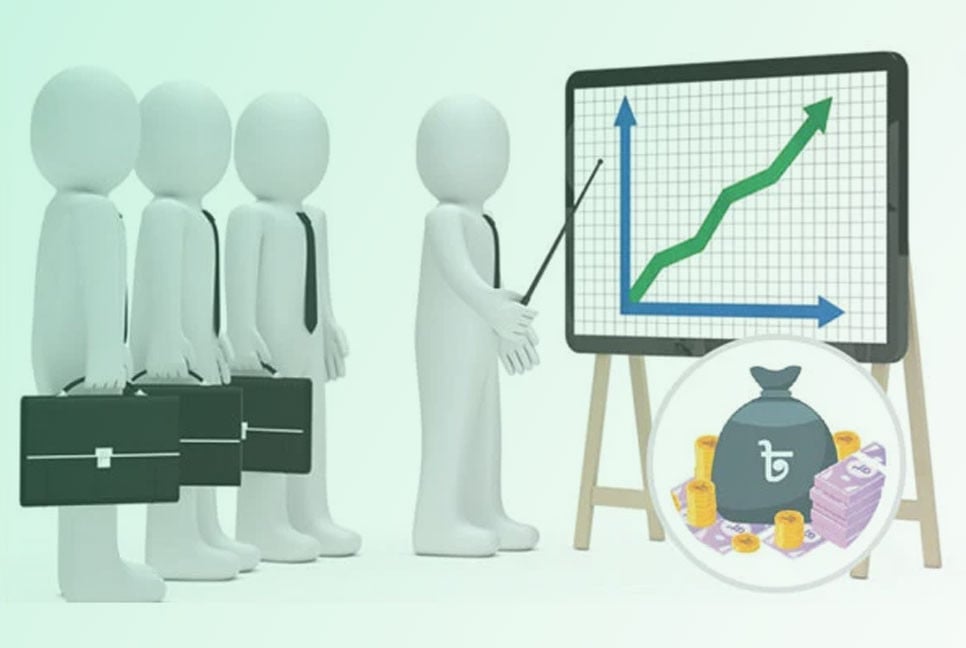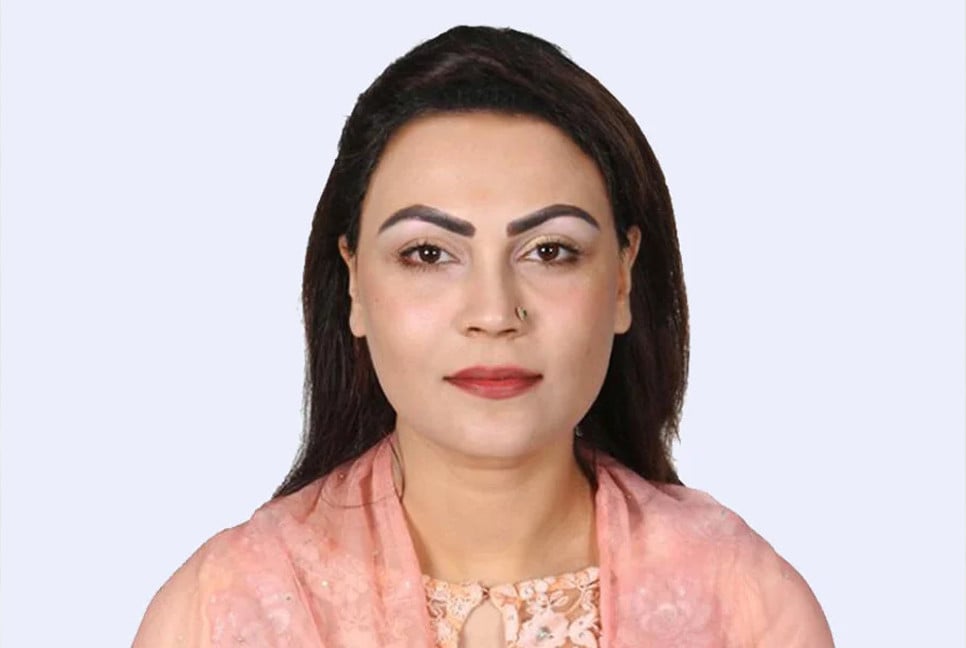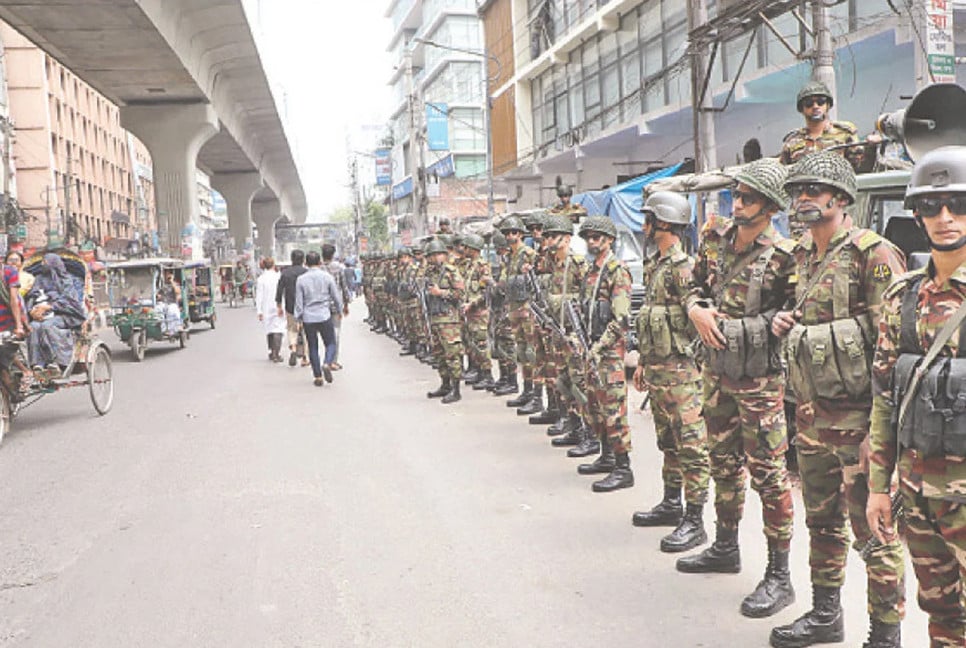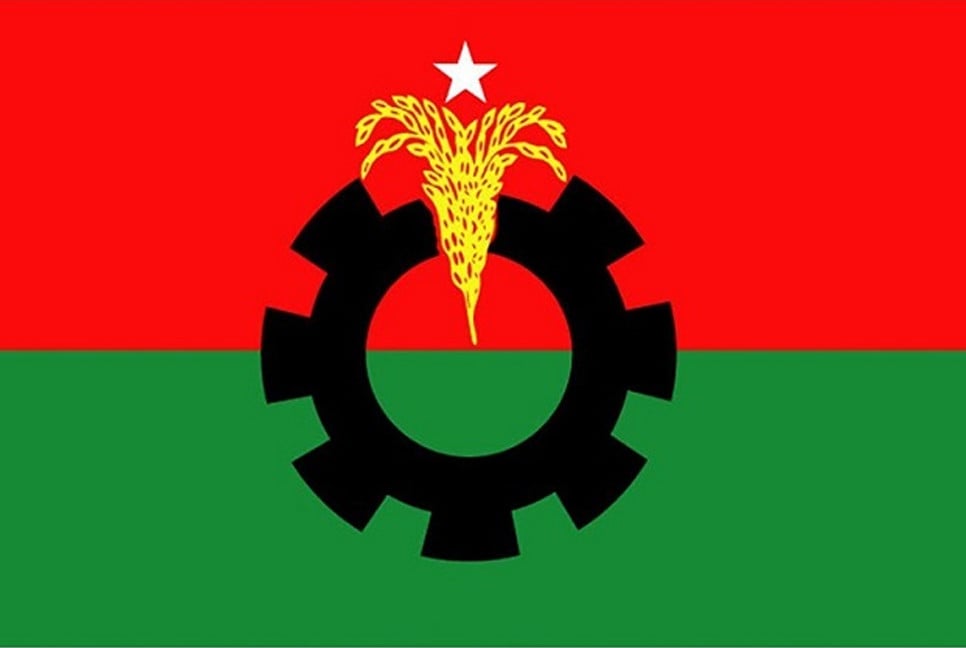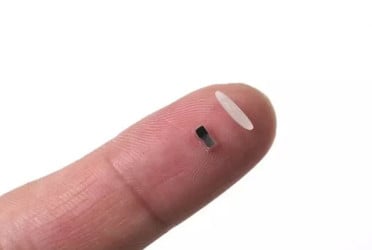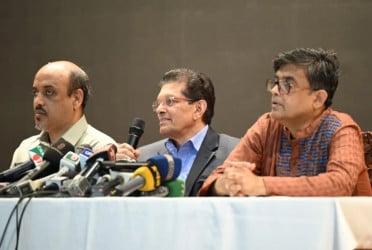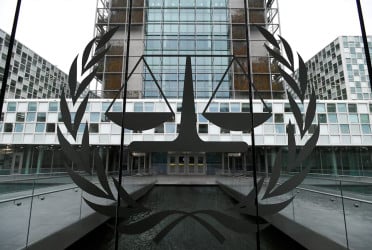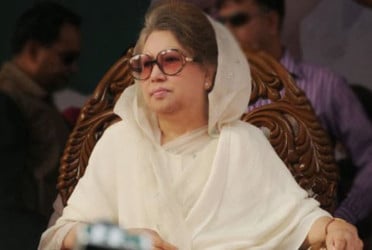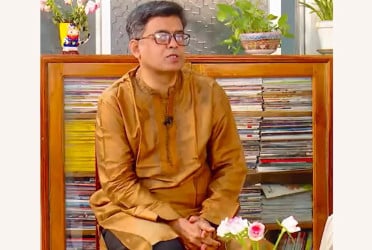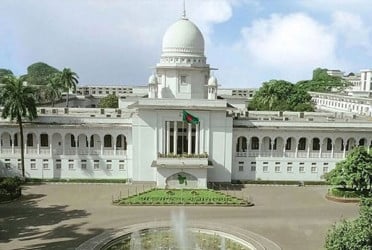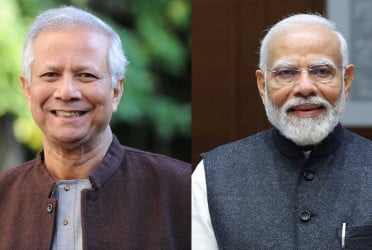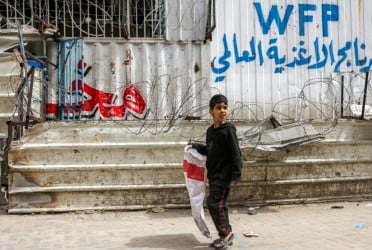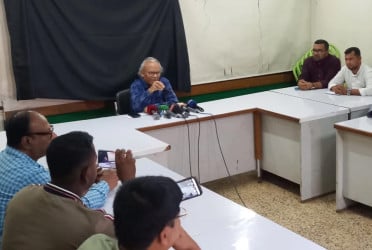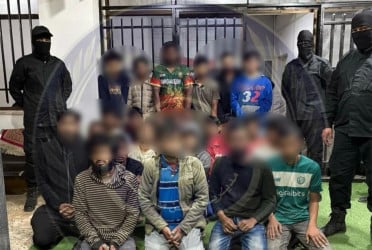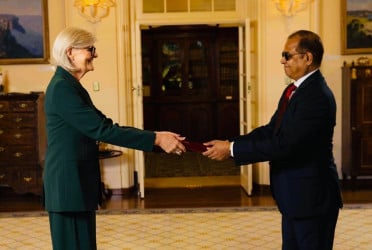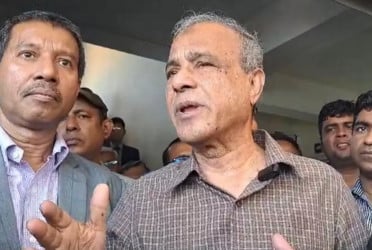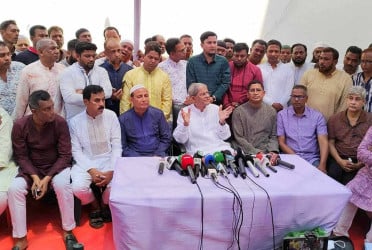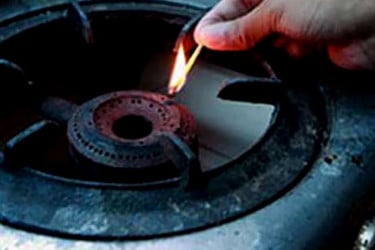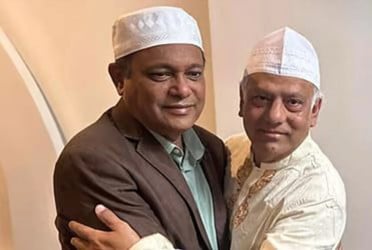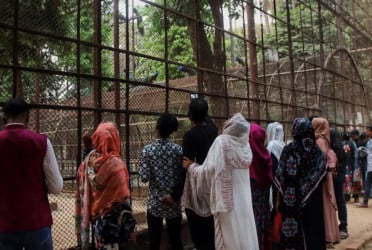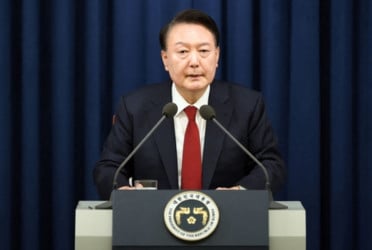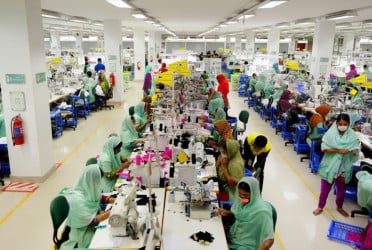The political alteration in the country has deeply affected the economy, resulting in an interrupt in investment and employment. The budget implementation has also been hindered, with a revenue shortfall of nearly 58 thousand crore taka for the government. Seven months after the interim government assumed office, business people and economic stability started to regain momentum with the arrival of Eid-ul-Fitr.
Festive shopping has now become an integral part of tradition and culture. People buy according to their affordability. In line with past trends, the economic transactions during Eid-ul-Fitr this time amounted to nearly 2.5 lakh crore taka. Ready-made garments alone were sold for 27 thousand crore taka. Zakat amounted to 50 thousand crore taka. Ifter sales reached 122 crore taka, and the spice market saw approximately 28 thousand crore taka in transactions.
Expat remittances surge, easing dollar shortage and boosting retail ahead of eid
According to the latest statistics from Bangladesh Bank, expatriates have been sending remittances willingly around these two festivals. The increase in remittance flows has contributed secures foreign exchange reserves.
In the first 26 days of March on 2025, 294 crore US dollars were sent through banking channels. In February, the total remittance was 252 crore dollars. Bankers hope that if this trend continues, remittances will exceed 300 crore (3 billion) dollars by the end of March.
Officials have stated that the rise in remittances from expatriates has greatly alleviated the dollar shortage in the country’s banks. They also pointed out that the instability in the dollar's exchange rate has started to normalize.
Analysts suggest that a rise in remittances will offer to economic firm up and assist control inflation. In particular, the large inflow of remittances before Eid is positively impacting the retail market and consumer spending.
After the political change, expatriates are sending remittances through legal channels in higher amounts than ever before, specifically due to Eid.
Bankers report that with reduced money laundering, expatriates are now more inclined to send money through legal channels. As a result, remittances during the month of Ramadan have set a new record. This is not only boosting foreign currency reserves but also alleviating the dollar shortage. Consequently, the price of the dollar in relation to the taka is expected to decrease, which will have a positive effect on the macro economy.
Eid economy surpasses expectations, boosting sales and rural economy, experts say
Dr Zahid Hussain is a former lead economist of the World Bank's Dhaka office, told Bangladesh Protidin, "Yes, the supply of dollars has increased, but it is also true that the flow of money in people's hands has decreased. On the other hand, inflation remains high. Although inflation pressures have eased slightly last month, the positive side is that people have started vibrant shopping again in preparation for Eid. Perhaps, the shopping momentum will increase further during the upcoming Qurbani Eid, which will also enhance the rural economy. However, we now need initiatives focused on employment and investment. The faster these are implemented, the sooner the economy will regain stability."
Mohammed Abu Eusuf, executive director of the Research and Policy Integration for Development, said, “The size of the Eid economy is much larger than expected. Approximately 40 percent of the sales of food and non-food products for the whole year happen during Eid. Small and medium entrepreneurs especially prepare intensively for this time because 40 percent of their annual income comes from Eid sales.”
Eid business expected to surpass 2.5 lakh crore
According to the Bangladesh Shop Owners Association, businesses worth around 1.96,000 crore taka took place in 2024. In the previous year, 2023, Eid-centric business amounted to 1, 87,000 crore taka. Ten years ago, in 2015, Eid-related business was about 1, 55,000 crore taka. Business owners hope this year, the Eid-centric business will exceed 2, 50,000 core taka.
Eid shopping boosted by wealth redistribution, despite inflation and cash flow challenges
Tofail Ahmed Bhuiyan, the owner of the chain shop Kids and Family, stated that if it weren't for the negative factors like decreased cash flow, political instability, and high inflation, the shopping during Eid would have been much more lively.
Helal Uddin, president of Bangladesh Shop Owners Association, told Bangladesh Protidin, “People redistribute wealth by providing financial assistance to relatives and neighbors during Eid. This creates a boost in trade. Additionally, the Eid rush creates temporary employment opportunities as companies hire extra workers to meet demand.”
Local clothing demand soars as Eid imports drop by 75%
The Shop Owners Association notes that in previous years Eid, imports of foreign clothing amounted to 5 to 6 thousand crore taka, but this year, imports have fallen by 75%, totaling only 1 to 1.5 thousand crore taka. Consequently, the demand for locally made clothing has risen, which is a big blessing for retail sellers of garments. The Shop Owners Association estimates that 25 thousand crore taka was spent on clothing prior to Eid-ul-Fitr, a decrease from the approximately 40 thousand crore taka spent in previous years.
Eid boosts sales in clothing, spices, and consumer goods amid economic challenges
According to the Bangladesh Passenger Welfare Association, approximately 30 million passengers travel during Eid, leading to a surge in the transportation sector.
High-end shopping malls in Dhaka, like Bashundhara City Shopping Center, Jamuna Future Park, Karnaphuli Garden City, and Khilgaon’s Talatola market, have seen crowds of shoppers late into the night. Sales staff at these markets report that sales remain stable and the number of customers is increasing every day, especially for high-priced Pakistani clothes. Customers are praising the colors, fittings, and quality of Pakistani clothes, calling the designs flawless and the fabric excellent. Similar trends are seen in wholesale markets like Islampur and Polwell Super Market.
According to the Shop Owners Association, approximately 27,555 crore taka is spent on cooking spices and essential goods during Eid. The total business during Eid-ul-Fitr this year is estimated at 1,75,000 crore taka, which is lower than the 2 lakh crore taka of previous years due to the existing economic situation. Footwear companies like Apex Footwear and Bata are the leaders in the footwear sector during Eid. Sales of furniture also increase by 25 percent during Eid. Beauty and cosmetics shops also witness large crowds during this time, as women flock to various stores and branded outlets in the capital to buy makeup.
Helal Uddin said, “Everyone wants to celebrate Eid in a grand way. People want to have good food and wear new clothes. At this time, demand for other consumer goods also rises. To boost sales of products like refrigerators and televisions, businesses prepare months in advance with attractive advertisements and prize-winning campaigns. From the start of Ramadan, shopping malls and markets have been crowded with thousands of people.”
(Translated by Afia Nanjiba Ibnat)
Bd-pratidin English/ Afia



